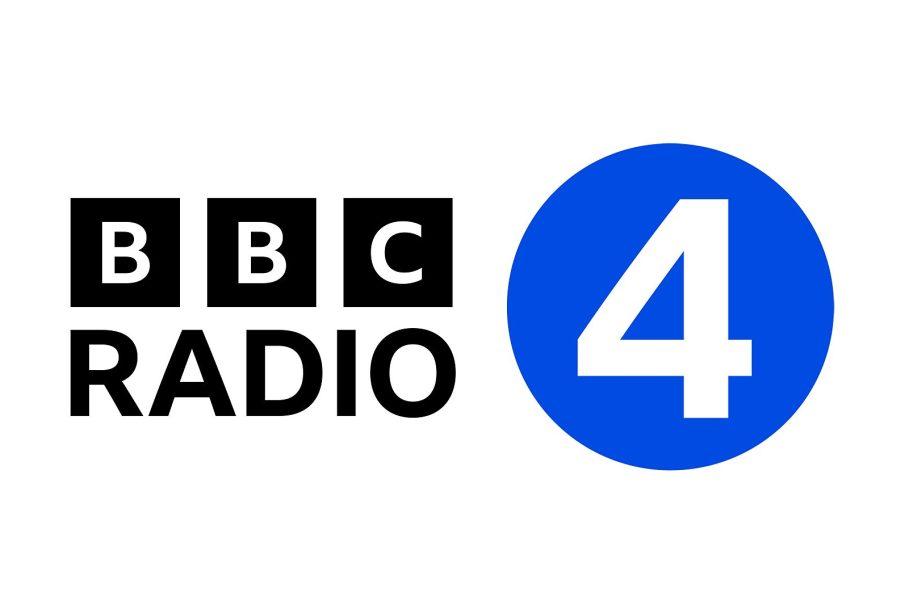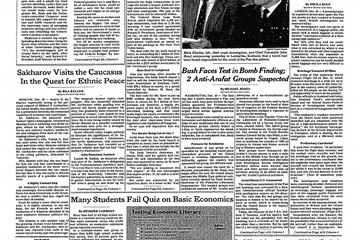The Influence and Relevance of BBC Radio 4

Introduction
BBC Radio 4 has long been regarded as the cornerstone of British broadcasting, known for its diverse programming that includes news, drama, documentaries, and comedy. Launched in 1967, the station has played a critical role in informing and engaging the public, particularly in matters of current affairs and cultural issues. As media consumption evolves, the relevance of BBC Radio 4 remains steadfast, reflecting societal changes and providing a platform for discussion.
Programming Overview
One of the defining features of BBC Radio 4 is its commitment to quality content. Programmes such as ‘Today’, ‘The Archers’, and ‘Desert Island Discs’ attract millions of listeners each week. ‘Today’, for instance, has been critical in setting the news agenda and offers insightful interviews and analysis of current events. During significant times, such as political elections or national crises, Radio 4 remains an essential source of information and commentary.
Recent Developments
In recent months, BBC Radio 4 has adapted its programming to address contemporary issues, including climate change, the COVID-19 pandemic, and social justice. Special series have emerged that delve into the effects of climate change on everyday life, highlighting personal stories and expert opinions. Additionally, programmes have engaged audiences in discussions around mental health, reflecting societal challenges exacerbated by the pandemic.
Community Engagement
Another aspect of BBC Radio 4’s outreach is its engagement with local communities. Initiatives such as the ‘Voices of a Pandemic’ project aimed to capture and share personal narratives from everyday listeners during lockdowns. This type of community involvement reinforces the station’s position as a listener-centric broadcaster that values public participation.
Looking Forward
As the media landscape continues to shift with the rise of digital platforms and podcasting, BBC Radio 4 is also exploring new ways to reach audiences. Investments in audio technology and user-friendly apps aim to ensure that programming remains accessible and appealing to diverse demographics. The integration of podcasts and digital content is anticipated to attract younger listeners while retaining its traditional base.
Conclusion
BBC Radio 4’s enduring relevance lies in its commitment to quality content and public engagement. As it navigates the challenges posed by evolving media consumption habits, the station is poised to continue shaping public discourse in the UK. For audiences, this means continued access to informative programming that encourages conversation and reflection on the pressing issues of our time.








